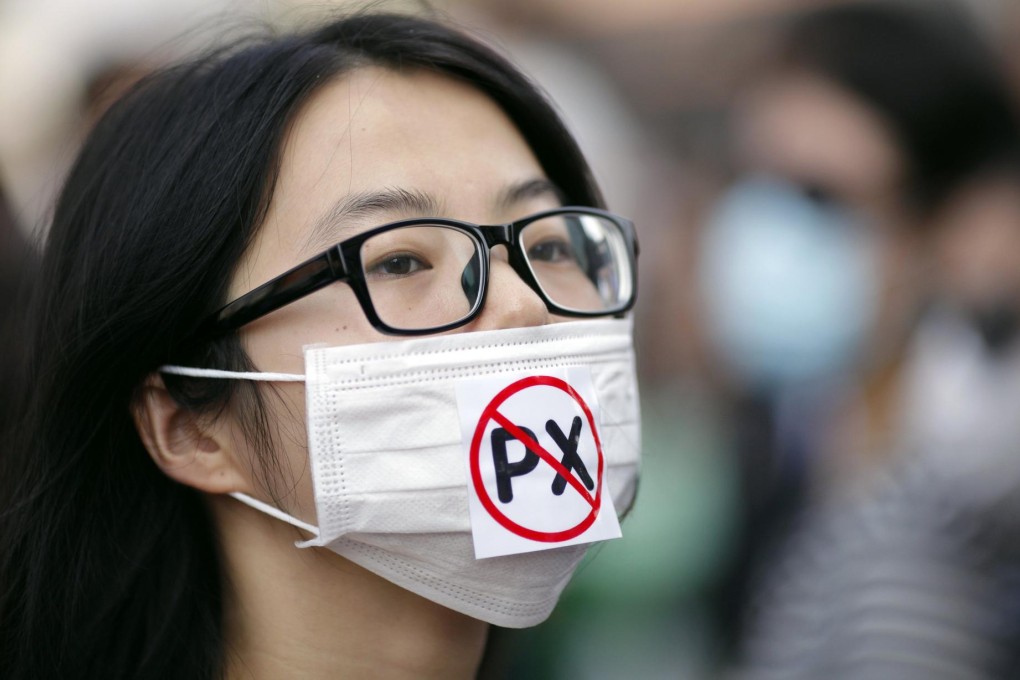Opinion | Science students embroiled in plant safety debate
Authorities play dangerous game by having people still studying at university act as experts

The latest public protests over paraxylene (PX) manufacturing followed a disheartening pattern: a local government suddenly unveils the planned project to the public, who in turn demand additional information - such as an environment impact assessment report showing that the proposal is safe.
Residents' fears escalate into anger, then they take to the streets, often sparking a showdown with authorities.
With the current outcry over a proposed PX facility in Maoming in southern Guangdong province, one aspect of the affair bears closer examination. It reflects how propaganda authorities work to give the public a misleading impression about a hot-button topic, all in the name of bearing witness to the truth.
Some internet users on the mainland said last week that since the Maoming protests began, the definition of PX on Baidu Baike, the Chinese version of Wikipedia, had been repeatedly revised by Maoming residents and some Tsinghua University students majoring in chemistry.
Beijing risks harming the professional integrity of a new generation of scientists
The users took screenshots of the Baidu Baike webpage to show how the definition of PX repeatedly switched from using the phrase "high toxicity" to "low toxicity". The students, who are assumed to know what they are talking about, were wielding the "sword to defend science", as state media claimed.
According to Baidu Baike's records, the definition of PX changed some 30 times since March 30, the day protest broke out. The group behind the "high toxicity" claim gave up and the website operators blocked further changes to the definition.

